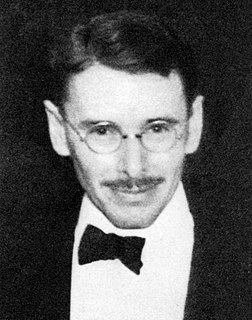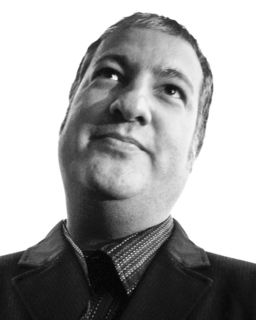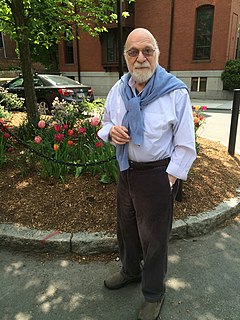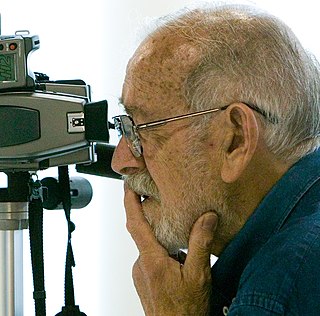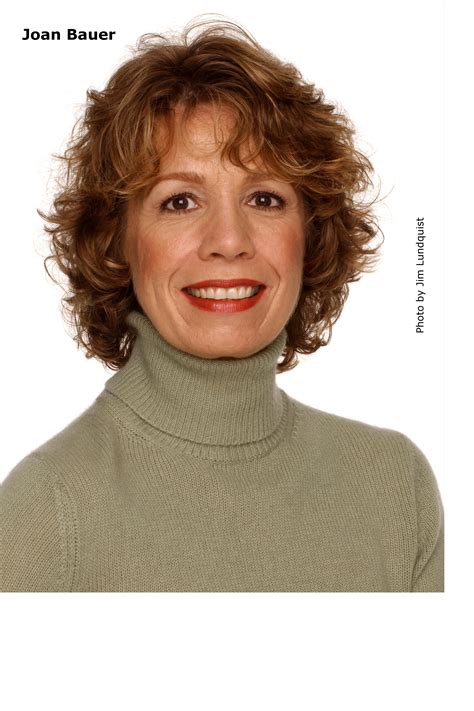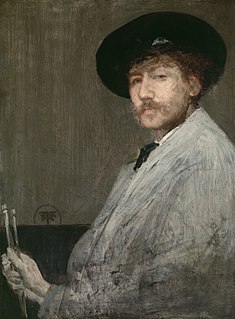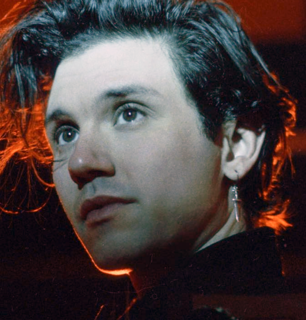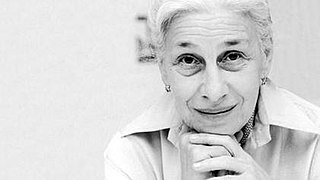A Quote by Brooks Atkinson
The virtue of the camera is not the power it has to transform the photographer into an artist, but the impulse it gives him to keep on looking.
Related Quotes
Photography is an investigation of both the outer and the inner worlds. The first experiences with the camera involve looking at the world beyond the lens, trusting the instrument will 'capture' something 'seen.' The terms shoot and take are not accidental; they represent an attitude of conquest and appropriation. Only when the photographer grows into perception and creative impulse does the term make define a condition of empathy between the external and the internal events.
He didn't see me looking at him, but I could tell the ceremony was having the same effect on him. He was enraptured. It was a rare and sweet look for him, reminding me of the tortured artist that lived beneath the sarcasm. I liked that about Adrian—not the tortured part, but the way he could feel so deeply and then transform those emotions into art.
Guys don't understand great art. They don't care that sometimes the camera has power beyond the photographer to record emotion that only the heart can see. They're threatened when the camera jumps ahead of me. Todd Kovich was pissed when I brought my Nikon to the prom, but I'd missed too many transcendent shots over the years to ever take a chance of missing one again. A prom, I told him, had a boundless supply of photogenic bozos who could be counted on to do something base.
